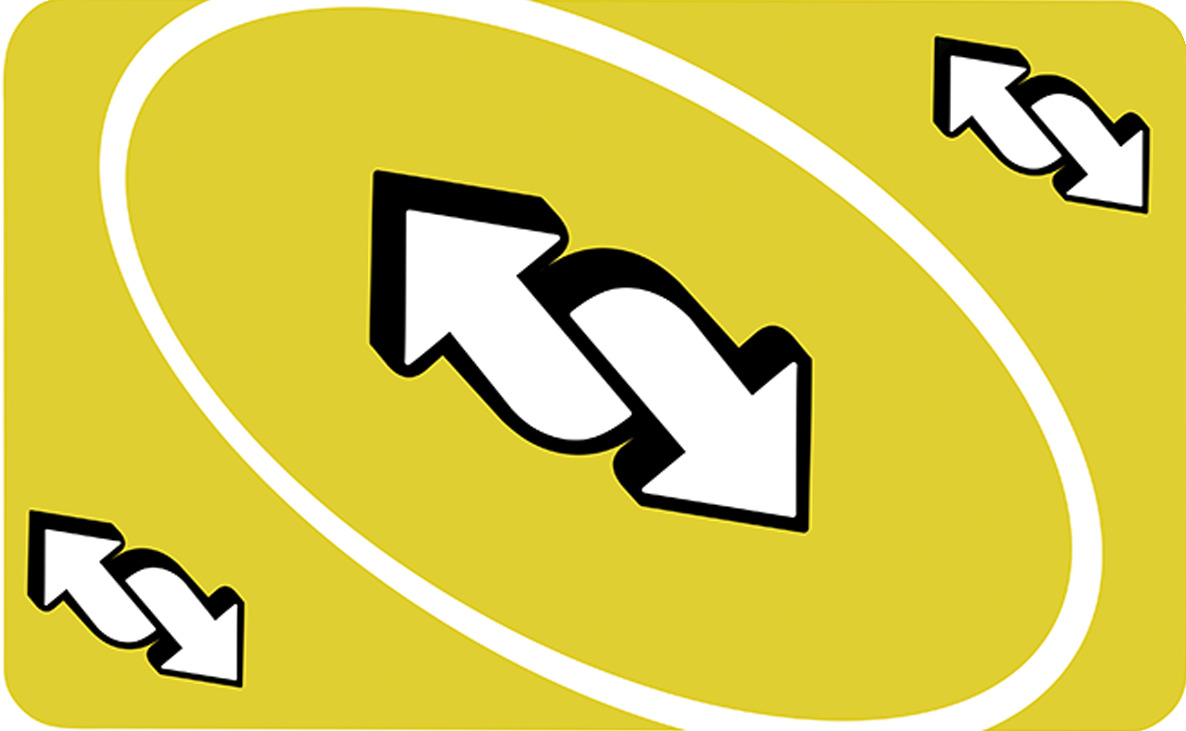Suno admits it used copyrighted music (blames majors)
AI music generator Suno has admitted it trained its software on copyrighted music but blames the major labels for their lawsuit.
Music AI companies Suno and Udio have been embroiled in a conflict with major labels recently. The three major record companies, represented by the RIAA, have filed a lawsuit against Suno for their belief they have infringed on their artists’ copyrights by training their generator on their music, allowing it to create music that uses their unique styles.
According to Suno, the issue is the major labels who they claim see their “vision as a threat to their business”. Suno add that they believe the lawsuit to be “fundamentally flawed on both the facts and the law”.
In a new blog post, Suno reveal that they were actually in discussions with the major labels to find a way to work together. They claim that they were having “productive discussions with a number of the RIAA’s major record label members” and found the timing of the lawsuit “somewhat surprising.
They write: “Whether this lawsuit is the result of over-eager lawyers throwing their weight around, or a conscious strategy to gain leverage in our commercial discussions, we believe that this lawsuit is an unnecessary impediment to a larger and more valuable future for music.”
In defense of the lawsuits claims that they have illegally used copyrighted music, Suno claims fair use. They state that their is a misconception to how their tools work; that it doesn’t copy or repeat content, but invents new content based on what it has learned from others’.
They use the allegory of a kid learning to write new rock songs by listening to loads of rock music. They write: “Like the kid writing their own rock songs after listening to the genre, learning is not infringing. It never has been, and it is not now.”
However, the music industry which has rallied against companies like Suno and Udio currently remain firm on their opinion that AI training is not fair use. The RIAA responded: “After months of evading and misleading, defendants have finally admitted their massive unlicensed copying of artists’ recordings.”
They continue: “It’s a major concession of facts they spent months trying to hide and acknowledged only when forced by a lawsuit. Their industrial scale infringement does not qualify as ‘fair use’. There’s nothing fair about stealing an artist’s life’s work, extracting its core value, and repackaging it to compete directly with the originals.”
Record labels are seeking up to $150,000 in damages for each infringed work, claiming copyright infringement at “an almost unimaginable scale”. Last month, Suno released a new iPhone app amidst the controversy, allowing users to generate music on the go.
Suno close their blog post, saying: “We hope that the major record labels realise that we can build a stronger foundation for the music industry of tomorrow, together. with or without them, we will continue pursuing our mission on behalf of the many millions of music fans already creating with Suno, and all those who will in the coming months.”
